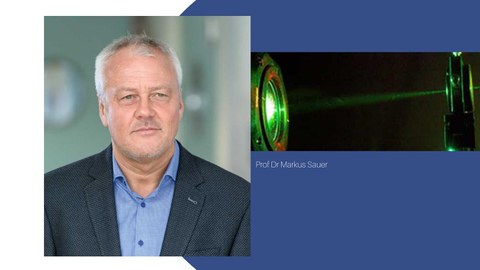Cooperative pathogenicity of enteropathogenic E. coli (EPEC) within mucosa-attached microcolonies
- Dr Aline Dupont Universitätsklinikum Aachen, AöR, Institut für Medizinische Mikrobiologie.
- Dr Emmanuel Saliba Helmholtz-Zentrum für Infektionsforschung (HZI), Helmholtz Institut für RNA-based Infection Research (HIRI).
- Prof Dr Markus Sauer Julius-Maximilians-Universität Würzburg, Biozentrum der Universität Würzburg Lehrstuhl für Biotechnologie und Biophysik.
Dynamic multicellular bacterial consortia intimately attached to the host’s small intestinal mucosal surface represent the hallmark of enteropathogenic E. coli (EPEC) pathogenicity. Despite their fundamental importance, the structural and spatial organization and the transcriptional heterogeneity, cooperative activity and communication between individual bacteria within these heterogeneous multicellular consortia have not yet been analyzed.
Here, we, therefore, propose to employ established in vitro, ex vivo and in vivo models in combination with genetic reporter technology, competition experiments with isogenic EPEC mutants, highly innovative bacterial single-cell transcriptomics and advanced imaging technologies to study the overall structural organization and functional interaction between bacteria, characterize the transcriptional heterogeneity within these consortia, and identify the mechanisms that underlie and account for the cooperative pathogenicity of EPEC. If successful, the obtained results are expected to significantly advance our understanding of the cooperative action of bacteria within multicellular consortia and its critical contribution to EPEC colonization, transmission and pathogenesis.
| Researchers |
| Annika Balduin (PhD Student) |
| Laura Cecchino (PhD Student) |
Visit Us
Contact Us
University of Würzburg
Email m.sauer@uni-wuerzburg.de
Tel +49 931 318 8687

